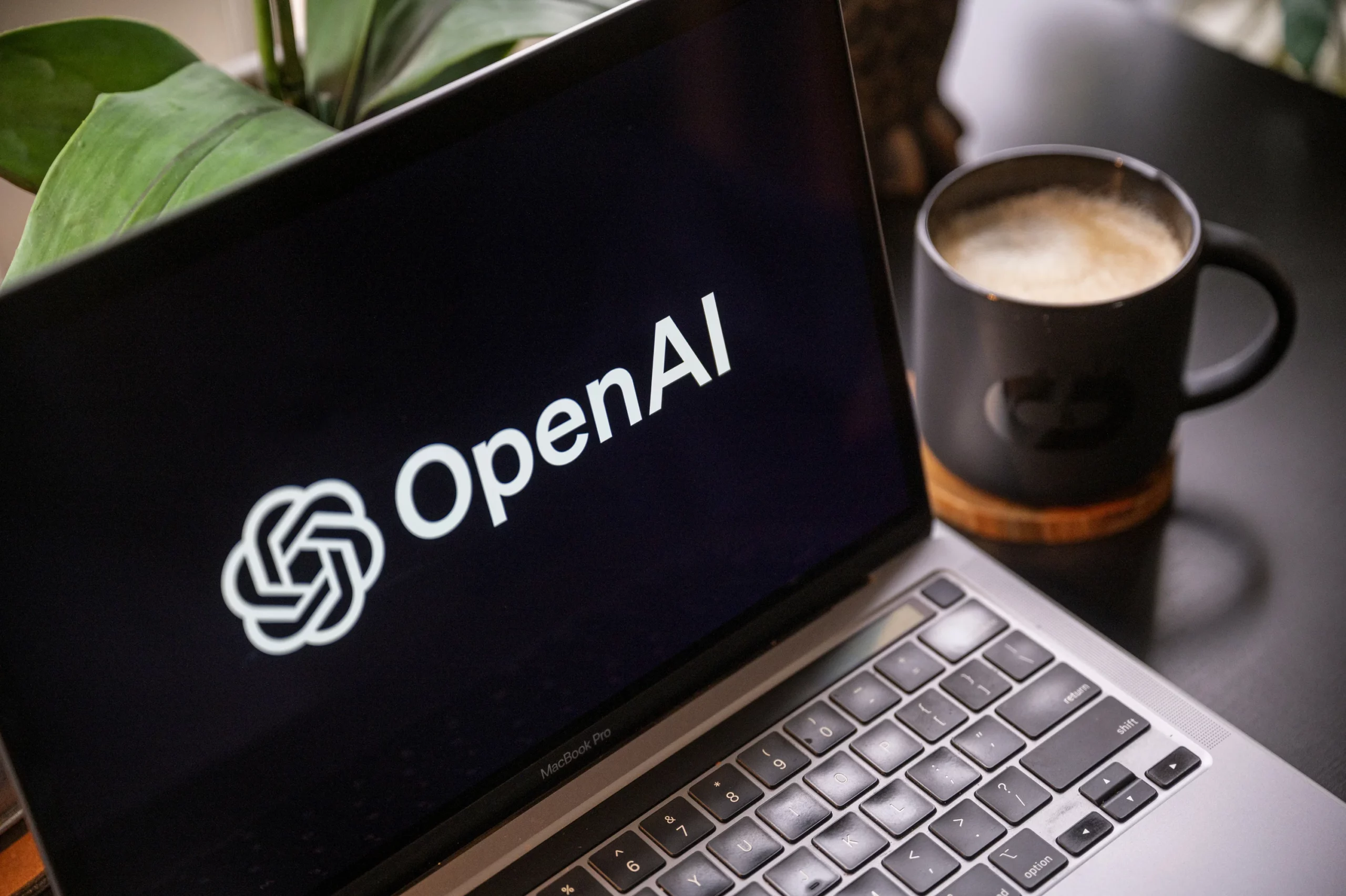OpenAI has announced a partnership with Condé Nast, allowing its AI-powered products, such as ChatGPT and SearchGPT, to feature and display content from several of Condé Nast’s prominent publications, including The New Yorker, Vogue, Wired, GQ, Architectural Digest, Vanity Fair, Bon Appétit, and Condé Nast Traveler. This collaboration is part of OpenAI’s broader strategy to integrate high-quality, reliable content into its platforms, enhancing the information available to users.
The terms of the partnership were not disclosed, but Condé Nast CEO Roger Lynch indicated in a memo to staff that the deal would involve payment from OpenAI. It’s noteworthy that these agreements have been made without the direct involvement of the reporters and editors who create the content, leading to dissatisfaction among some employees at the affected news organizations, as shared by a Condé Nast spokesperson to TechCrunch.
This deal is the latest in a series of partnerships between OpenAI and major media organizations. Other notable partnerships include agreements with the Associated Press, Axel Springer, The Atlantic, Financial Times, News Corp, and Time magazine.
Lawsuits Highlight Concerns Over AI Use of Content
These collaborations come at a time when AI-generated content is becoming more prevalent, leading media outlets to seek new ways to protect and monetize their content.
The Center for Investigative Reporting, along with other media organizations such as The New York Times and the Chicago Tribune, has filed lawsuits against OpenAI and its backer Microsoft, alleging copyright infringement and intellectual property violations related to the use of journalistic content in AI training data.
Despite these challenges, OpenAI continues to expand its network of media partners, underscoring the increasing intersection between AI technology and traditional journalism. The partnership with Condé Nast is expected to enhance the content available through OpenAI’s platforms, making it more relevant and timely for users.










